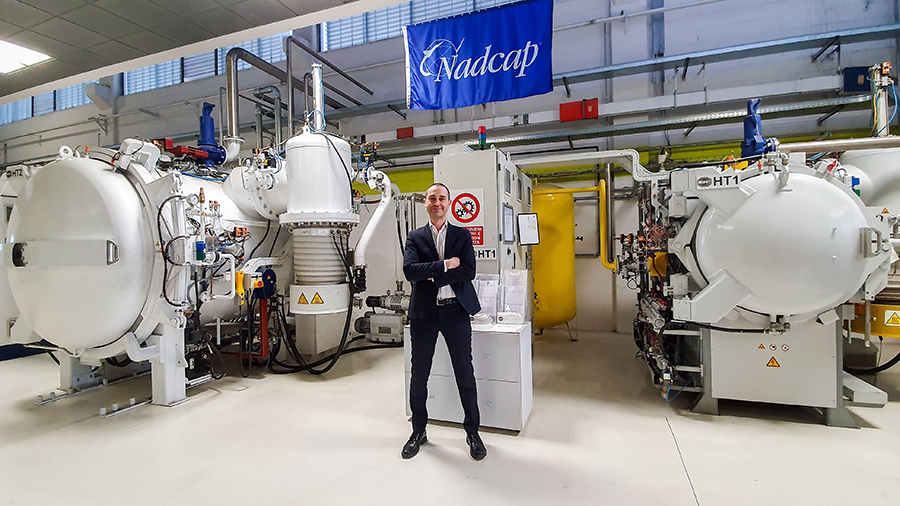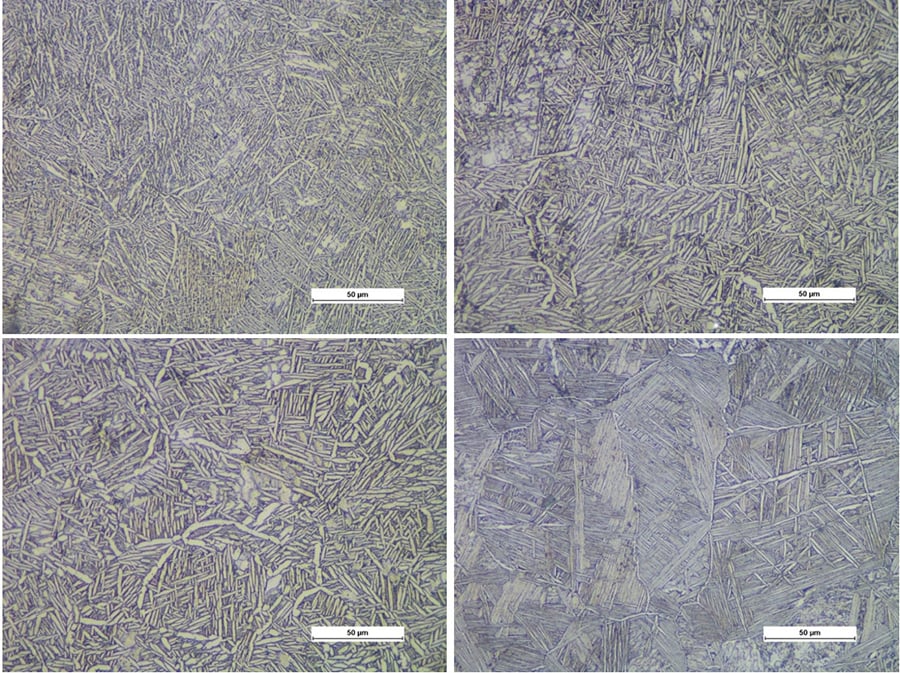BEAMIT develops additive manufacturing process for Titanium Ti6242: a breakthrough for sustainable industrial production
BEAMIT analysis shows that the Ti6242 Titanium alloy printed with additive technologies for motorsport and aeronautical applications performs better than alloys processed with conventional technologies.
In July 2019, Sandvik acquired a significant stake in leading European-based AM service provider BEAMIT, with the right to further increase its stake over time.
The BEAMIT Group has always been at the forefront of providing the market with advanced innovative solutions in the shortest time possible: and it has succeeded again by developing an additive manufacturing process for the Ti6242 Titanium alloy. “Our hard work is essentially geared towards positioning ourselves on a level where we can produce innovation and change the rules of the game technologically and for 3D-printing applications. We are extremely focused on our clients’ needs and productivity and use our Material and Process Engineering division to respond with turnkey solutions for the next generation of production processes” says Andrea Scanavini, BEAMIT Group General Manager.
 Andrea Scanavini, BEAMIT Group General Manager.
Andrea Scanavini, BEAMIT Group General Manager.
The material adapted perfectly to laser powder bed fusion (LPBF), but our real focus was on the heat treatments.
The motorsport sector has been looking at 3D-printed Titanium alloys for high-temperature applications since 2019. Before then they were almost solely available produced with conventional technologies, such as forging.
What makes Ti6242 such a highly innovative and unprecedented material is its specific resistance to high temperatures: the alloy produced by additive manufacturing has a tensile strength of up to 1000 MPa and a density of 4.5 g/cm3.
Although some materials used to produce motorsport and automotive components achieve similar levels of tensile strength as Ti6242, they are significantly heavier. Using the Titanium alloy considerably reduces the weight without losing any of the strength. So many components made for motorsport applications can benefit from this material, like exhausts which were made with nickel superalloys until now.
The composition of Ti6242 produced by additive manufacturing is also ideal for components made for the aeronautical sector where its use is gradually becoming more widespread. The first titanium alloys were developed at the end of the World War II for use at high temperatures and to completely replace nickel superalloys in supersonic aircraft engines.
Giuseppe Pisciuneri, BEAMIT’s Chief Commercial Officer, says, “Researching and developing new materials has always been fundamentally important in the BEAMIT Group and we are very proud to currently be the only company capable of offering the market top-flight technological solutions, especially in sectors like motorsport, automotive and aerospace. Being pioneers of this innovation and using our materials in our clients’ new projects motivates us to keep growing and spurs us on to bigger and better things.”
The first step for BEAMIT was an in-depth study to see which of these alloys could be processed by additive manufacturing with laser powder bed fusion, and Ti6242 produced the outright best performance.
The aim was to optimise the material’s mechanical properties at temperature. “Development of the Ti6242 process began in 2019 as part of a thesis project in collaboration with Politecnico di Milano university” says Alessandro Rizzi, BEAMIT Group Materials and Special Process Manager. “The material adapted perfectly to laser powder bed fusion (LPBF), but our real focus was on the heat treatments. We devised different vacuum cycles to optimise its mechanical properties at room temperature and at high temperatures and also developed the integrated high-pressure heat treatment process.”
 Ti6242 microstructure.
Ti6242 microstructure.
The result was a 3D-printed component that performed even better than components forged with conventional technologies. This proves that successfully processing even more materials with additive manufacturing means being at the forefront of the technical field and represents a revolution particularly in the field of sustainability, as we can save material by using only what is strictly necessary and recycle remaining powders for the next project.
Highlights:
- Specific resistance: high tensile strength combined with extreme lightness
- Withstands temperatures as high as 550°C
- Complex shapes can be printed
For additional information, see downloadable PDF.
Download press-release:
Download press-kit
For further information, contact Giuliana Massimino, Head of Marketing and Communications, +39 333 3868023 or g.massimino@beam-it.eu